COMMERCIAL MIXER
A Commercial mixer is one of the most useful and versatile pieces of equipment you can invest in!
With numerous innovative features and attachments from belt drive systems to bowl guards, our mixers will be a vital asset for any commercial kitchen.
To aid in selecting the perfect mixer, we even have a mixer sizing chart to break down the mixer size needed for various types of mixing jobs.
Whether you’re a pizza shop that mixes hundreds of pounds of dough a day, or you’re a restaurant that only needs to make mashed potatoes once a week for a dinner special, we have the right commercial mixer for you!
Mixer Features
Hobart Legacy HL300 30 Qt. Commercial Planetary Floor Mixer with Accessories – 120V, 3/4 hp
Mixer Size
You’ll want to consider how big you want your mixer to be, and along with that where you want to place it in your kitchen. Smaller (less than 10 qt.) countertop mixers are designed to fit on a countertop, while slightly larger (10-20 qt.) stand mixers are often best suited for an equipment stand. Just about anything above that size is considered a floor mixer and is designed to sit directly on the floor.
Drive System
Mixers generally come with either a gear or belt-driven drive system. While both types are designed to stand up to the rigors of commercial use, there are some benefits and disadvantages to both:
Belt Driven:
These can experience belt “slip,” or insufficient grip between the belt and drive, which reduces the velocity ratio of the mixer system. However, if repairs are required, they tend to be cheaper to fix than a gear system.
Gear Driven:
Gears eliminate the risk of drive system slip. However when repairs are needed, they tend to be more expensive than a belt system.
Mixer Speeds
Mixers typically feature several different operating speeds which affect how quickly the agitator (or bowl, in the case of spiral mixers) revolves. Be sure to read the manufacturer’s literature, as certain products will mix better at certain speeds, and on a planetary mixer the different agitator attachments will perform differently.
Also consider whether the mixer lets you change speeds during operation. Many models allow you to adjust on the fly, which can be a big boost to your productivity. However, not all mixers are engineered to handle the mechanical stresses associated with this, requiring you to shut the unit off before changing the speed to prevent internal damage, and also as a safety feature.
Horsepower
Larger mixers tend to have a higher horsepower motor than smaller models since they’re mixing more material at a time, and larger mixers are also better suited to handle thicker, stiffer dough (like pizza dough), which require more power to mix than lighter mixtures.
Bowl Lift
On planetary mixers, the mixing bowl usually attaches to a yoke at the sides or near the vertical column on the machine, and is raised and lowered one of two ways:
Manual Bowl Lift
The most common variety, manual lifts raise and lower the bowl via a wheel or lever. On some smaller countertop planetary mixers, however, the bowl does not move. Rather, the entire upper housing of the mixer, mixing device included, tilts back and permits access to the bowl.
Electric Bowl Lift
As the name implies, this system raises and lowers the bowl automatically with buttons or a similar interface. This is more common on larger mixers with larger mixing bowls.
Bowl Guard
A plastic or wire housing around the top of the bowl, the guard prevents hands, clothing, or foreign objects from coming in contact with the agitator during mixing, and most mixers are required to include one to comply with OSHA regulations (Standard 29CFR 1910.212).
The primary point to take from this is that your staff should understand the dangers of operating the mixer; for example, trying to bypass the guard by putting hands / fingers / utensils in or under it during operation can have very negative consequences and your training should teach the dangers of such things.

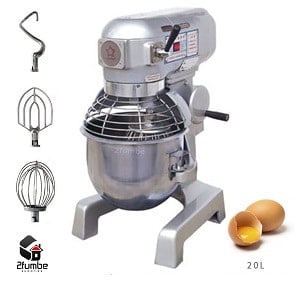

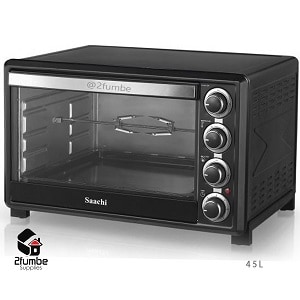
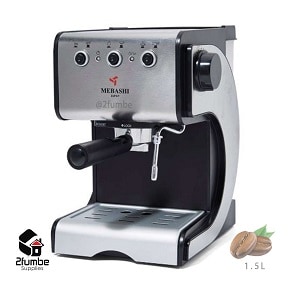
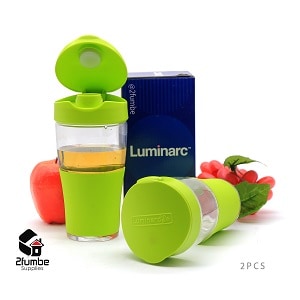
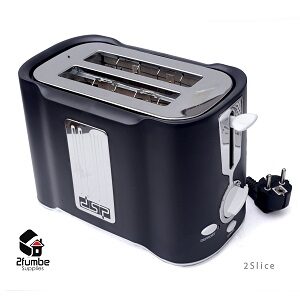
![DSP19_-Globe_Drink_Dispenser_2fumbe_Supplies_Limited[1]](https://2fumbe.com/wp-content/uploads/2023/09/DSP19_-Globe_Drink_Dispenser_2fumbe_Supplies_Limited1-300x300.jpg)
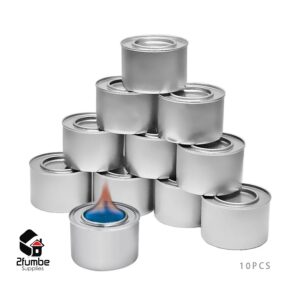
Reviews
There are no reviews yet.